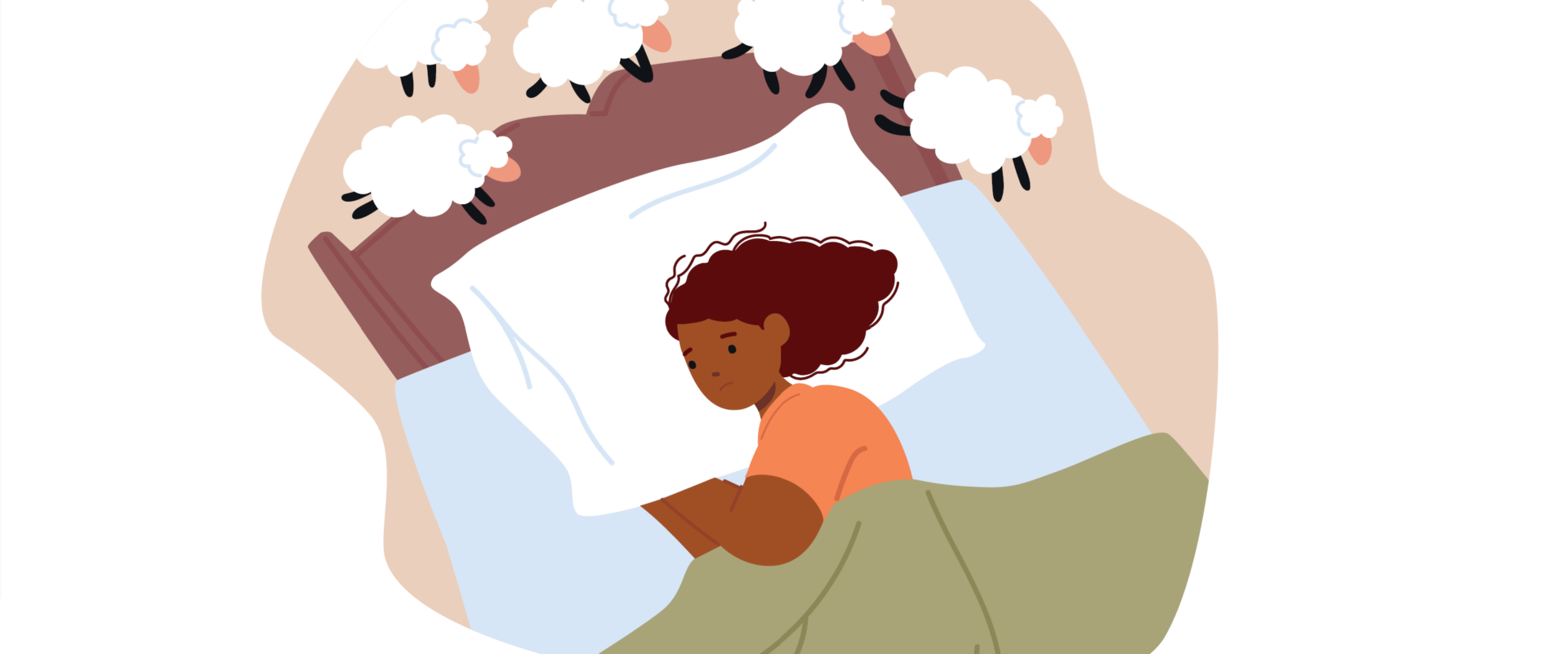How’d You Sleep?

How Our Nights Influence Our Days
Anyone who has ever started the day feeling sleep-deprived knows: poor sleep has a direct impact on personal well-being. However, sleep is much more than just a break from daily life – it is an active, highly complex regeneration process that profoundly affects both body and mind. Recent scientific findings show just how closely good sleep is linked to our mental health, immune system, and even the health of our gut microbiome.
What Happens While We Sleep?
Sleep is an active state in which our bodies operate at full speed. The brain processes experiences, stores new information, and creatively links them. At the same time, cells regenerate, the immune system is strengthened, and harmful deposits in the brain, associated with dementia, are broken down. During sleep, our bodies also produce key hormones, such as the growth hormone somatotropin and the sex hormone testosterone. The gut microbiome is activated as well, supporting digestion and immune defenses. Even metabolism is regulated, with feelings of hunger and satiety being recalibrated.
How Does Sleep Deprivation Affect Us?
Too little sleep impacts the body and mind faster and more profoundly than many realize. On a cognitive level, there is a noticeable decline in concentration and learning ability. Reaction times increase, risk-taking behavior rises, and the perception of negative stimuli intensifies, reducing emotional resilience. In the long term, sleep deprivation significantly increases the risk of developing mental health disorders.
The physical consequences are equally serious. The immune system weakens, raising susceptibility to infections and chronic inflammation. Studies also show an elevated risk for cardiovascular disease, diabetes, and dementia. Disruptions in metabolic regulation can lead to weight gain, and the aging process may also accelerate. Overall, it is clear: restful sleep is not a luxury, but a critical prerequisite for long-term health and performance. Sleep is by no means a sign of laziness or lack of productivity – quite the opposite. It is essential if we want to remain healthy and productive over the long term.
The Circadian Rhythm: Why Timing Matters
Our sleep is regulated by light, hormones, and our internal clock. Melatonin induces drowziness, while serotonin keeps us awake. Adenosine builds up the pressure to sleep over the course of the day, and a slight drop in body temperature is necessary to fall asleep. Cortisol, often referred to as the "stress hormone," plays a key role in waking us up in the morning. Genetic factors also determine whether we are naturally early risers or night owls. Only about 15% of Germans wake up at a time that aligns with their natural biological rhythm – a mismatch that can negatively affect sleep quality.
Sleep Hygiene: Small Adjustments With Big Impacts
Sleep hygiene refers to designing your daily routines to support restful sleep. Even small changes can make a significant difference:
Do’s:
- Respect your biological rhythm. Not everyone is an early riser!
- Develop a calming evening routine. Wind down peacefully at the end of the day.
- Go to bed at the same time each night (with no more than 30-minutes variation, even on weekends!)
- Create a quiet, dark, comfortable, and cool (16-18 °C) sleep environment
- Remove phones, laptops, and other sources of disturbance from the bedroom
Don’ts:
- Engage in stimulating conversations, listen to energetic music, exercise, or use screens shortly before bedtime
- Consume caffeine, alcohol, or heavy meals in the evening
- Maintain a consistently high stress level
- Keep irregular sleep schedules
- Check the clock during the night
Recurring disturbances such as nighttime waking due to noise, light, or a snoring partner can often be addressed pragmatically – for example, with earplugs, sleep masks, or separate mattresses or bedrooms.
What To Do About Persistent Sleep Issues
Persistent sleep issues should always be evaluated by a medical professional. Your first point of contact should be your primary care physician, who can rule out potential causes and refer you to a specialist, if necessary. Common causes of sleep disorders include stress, medications, hormonal fluctuations, and chronic illnesses.
If you experience ongoing sleep issues, try to maintain a regular sleep cycle. Avoid daytime naps and use a sleep diary to monitor your habits. Record how you felt during the day, your activities, any noteworthy events, and your consumption of substances like caffeine and nicotine (along with the time consumed). Patterns and correlations often become visible this way.
Additionally, avoid over-the-counter sleep aids if possible. While they may provide short-term relief, the body quickly builds a tolerance to them. These products are not a long-term solution to deeper underlying issues. Allow yourself the support you need by seeking professional assessment and treatment.
